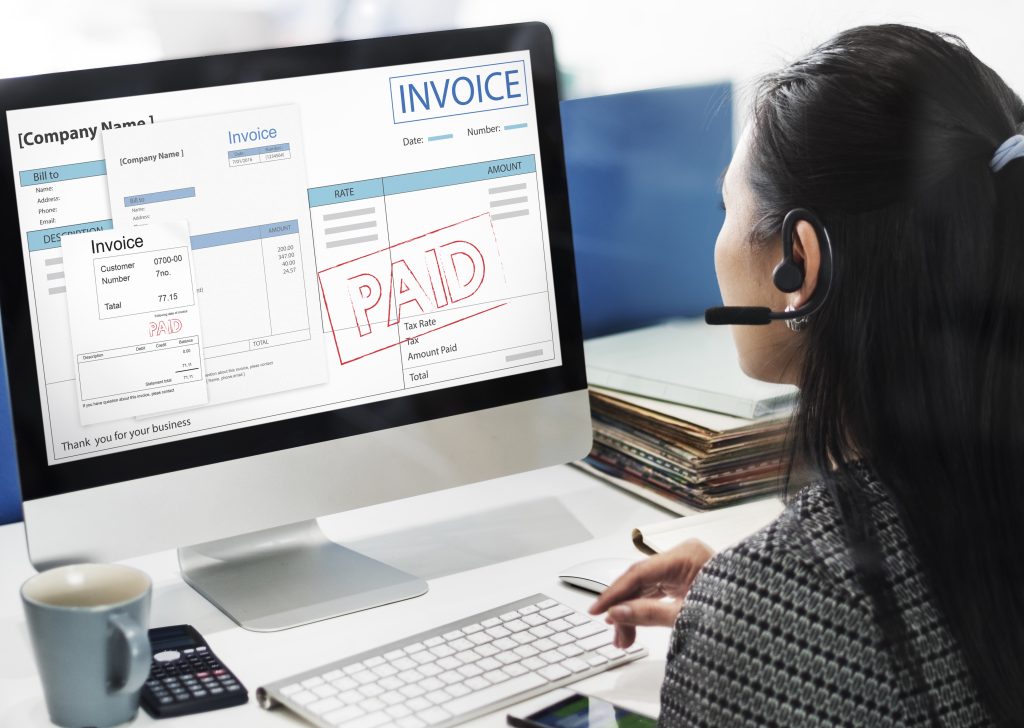Latin American countries such as Brazil, Mexico and Argentina are spearheading the fight against piracy and fraud by implementing several government-based checks and balances in all their e-commerce transactions. These mandates create a unique challenge to any businesses who want to operate in these highly regulated financial eco-systems, such as, for example, providers of billing or accounts payable systems or services.
The challenges which these businesses face relate both to the understanding of each individual country’s regulations, and to the seamless and automatic implementation within their own invoice or purchase order services of the required checks and balances:
- In Brazil, for example, transactions are registered within a government portal which provides a bar-code, or access key, which must be included, decoded, and double-checked against the contents of an invoice.
- Argentine invoices carry revenue codes which need to be captured and integrated with their invoice number, which must also be checked as conforming to a particular format.
- Mexico, Chile, and Peru all require supplemental XML files to be submitted, and cross-checked against, their invoices.
These regulatory requirements create several challenges for large and medium sized LATAM based and US operations to be able to process invoices. Not only are the capture requirements complex; but a business must also work with Government supplied data files to ensure compliance, and make sure they have captured the data in the format the relevant authority requires.
These challenges are worth overcoming because the size of the Latin American market is huge. Brazil has the ninth largest economy in the world, Mexico the fifteenth, and that’s even after the debilitating effects of Covid-2020. Retail e-commerce sales in Latin America in 2022 are predicted to top $100 billion, with Brazil and Mexico accounting for over 60% of that.
Is there an easy solution? Well, having worked with several Latin American companies to deliver this type of service, I believe I have a better understanding of the Brazilian, Mexican, and Argentinian regulatory requirements than most. I believe that a handful of widely used data capture solutions, incorporating rules-based technology could offer a relatively straightforward solution to LATAM’s current regulatory requirements.
Current regulatory complexities mean that businesses who are doing business in these markets face a very real challenge of ensuring a) that their paperwork includes the necessary information; b) that any paperwork they receive complies and c) that this information is reported to the relevant authorities. These checks need to take place while a business is both sending and receiving transactional documents. That is a hugely increased administrative burden when you are processing 100’s of invoices and purchase orders on a daily and even weekly basis.
As a result, any solution needs to be able to map multiple vendor invoices or customer orders, capture all the key data, and verify any regulatory compliance information. It then needs to provide users with a validated output file of data, with the associated invoice or order attached, which can be uploaded into any invoice management, FMS, or ERP solution. This can only be achieved with a rules-based system.
Put simply, without rules the data can’t be captured accurately or in the format each authority needs to receive it in. Neither would any of the required data be sufficiently augmented for submission.
While Brazil, Mexico and Argentina’s current mandates might appear complicated, the process of ensuring compliance once everything is automated should not be complicated or time-consuming and a business should be up and running and processing their problem invoices and orders within weeks, not years, like we’ve all seen with digital transformation projects. All for less than the cost of a part-time FTE.
